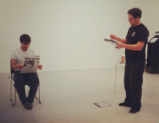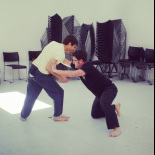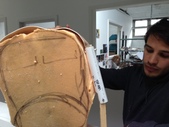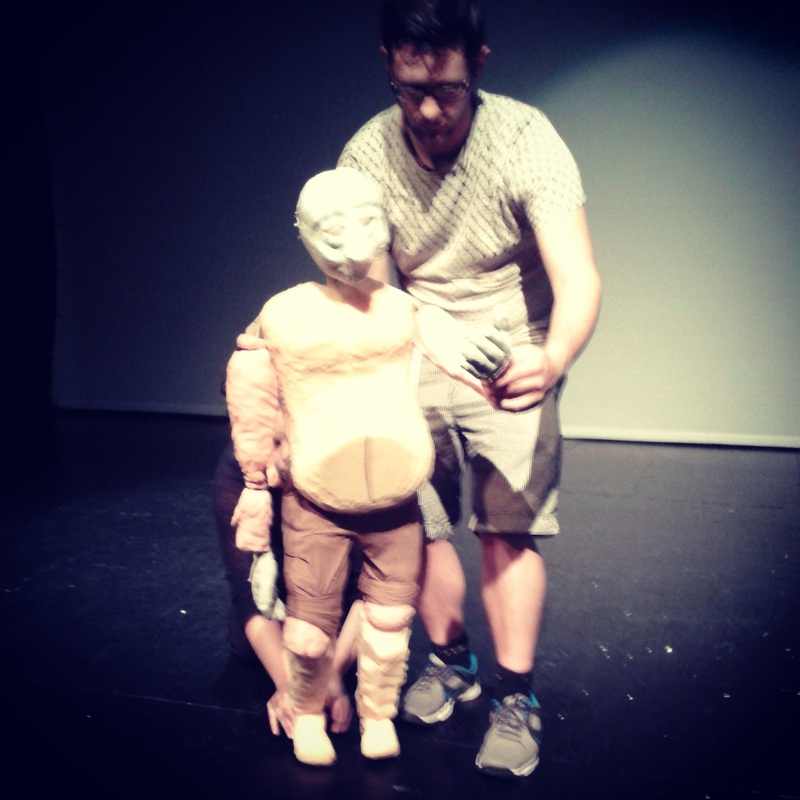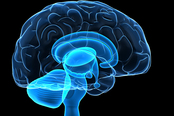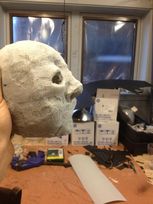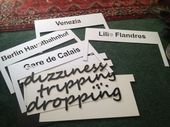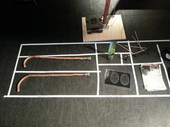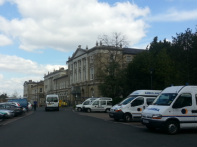
Matt
Today, I went to meet Helen a specialist speech and language therapist at The Royal Hospital of Neuro-disability (RHND) in Putney.
As I got off the bus and walked towards the hospital, I had no idea what I was about to encounter. Approaching the front gate this amazing building appears, RHND moved there in 1867.
After signing in, I'm collected by a colleague of Helen's and shown to a technology room, but on the way, I hear vibrant music and pass an open door which gave me enough time to look in, what was inside made me stop briefly, patients and their family, friends or partners dancing, the majority of the patients in wheelchairs but absolutely loving the class.
Finally I'm in a room waiting for Helen and there are 3 patients in this room, all of who have a neuro disability. The first man I see is incredibly playing scrabble using his eyes. The second also with his eyes writing an email, and the 3rd being set up with some new technological device that allows him to communicate using a sort of morse code.
Im then introduced to Helen and I explain the show and the idea and progress with my questions. After asking about how Helen got into speech therapy I ask her how she would diagnose someone with MND. After a short pause she answers, "it wouldn't be easy but that I would focus on the positives", which was an answer I didn't expect, after a person is diagnosed I can only imagine the thoughts that run through your head, but to have someone give you that news and then to focus on the positive, can only describe the great work that happens at the RHND.
Helen then put me in contact with a Doctor in London for some further research.
Thank you Helen for your time.
Today, I went to meet Helen a specialist speech and language therapist at The Royal Hospital of Neuro-disability (RHND) in Putney.
As I got off the bus and walked towards the hospital, I had no idea what I was about to encounter. Approaching the front gate this amazing building appears, RHND moved there in 1867.
After signing in, I'm collected by a colleague of Helen's and shown to a technology room, but on the way, I hear vibrant music and pass an open door which gave me enough time to look in, what was inside made me stop briefly, patients and their family, friends or partners dancing, the majority of the patients in wheelchairs but absolutely loving the class.
Finally I'm in a room waiting for Helen and there are 3 patients in this room, all of who have a neuro disability. The first man I see is incredibly playing scrabble using his eyes. The second also with his eyes writing an email, and the 3rd being set up with some new technological device that allows him to communicate using a sort of morse code.
Im then introduced to Helen and I explain the show and the idea and progress with my questions. After asking about how Helen got into speech therapy I ask her how she would diagnose someone with MND. After a short pause she answers, "it wouldn't be easy but that I would focus on the positives", which was an answer I didn't expect, after a person is diagnosed I can only imagine the thoughts that run through your head, but to have someone give you that news and then to focus on the positive, can only describe the great work that happens at the RHND.
Helen then put me in contact with a Doctor in London for some further research.
Thank you Helen for your time.




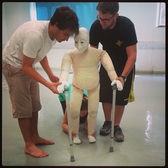
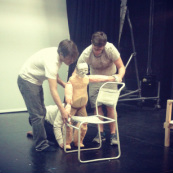
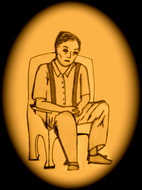
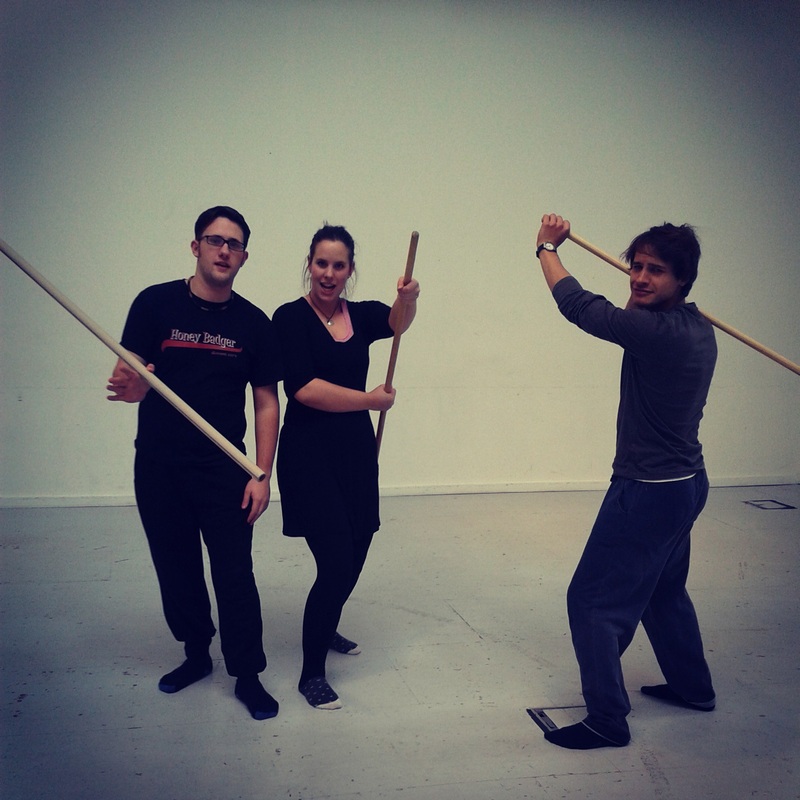
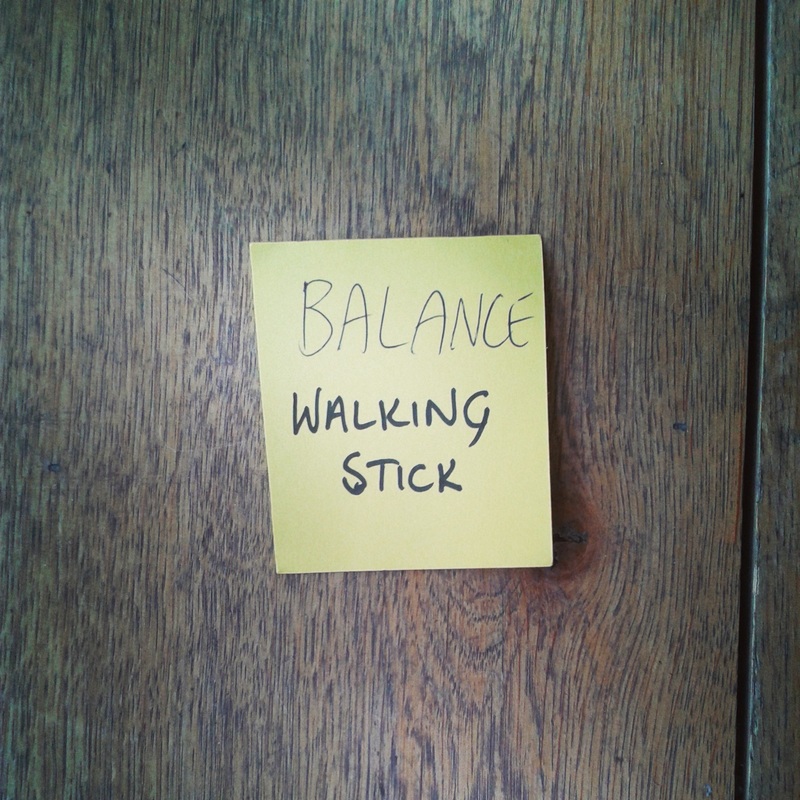
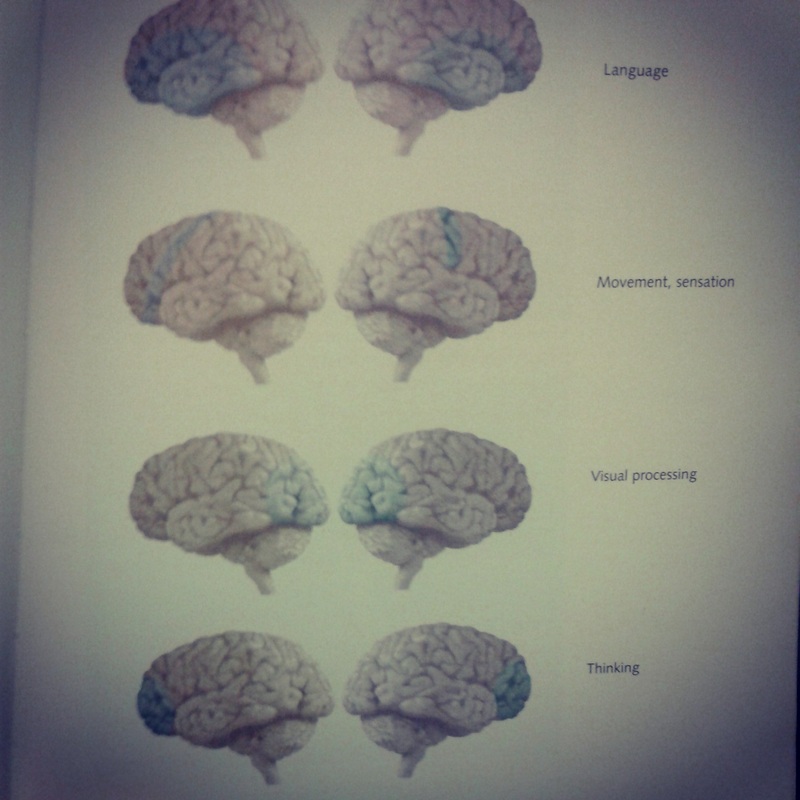
 RSS Feed
RSS Feed
